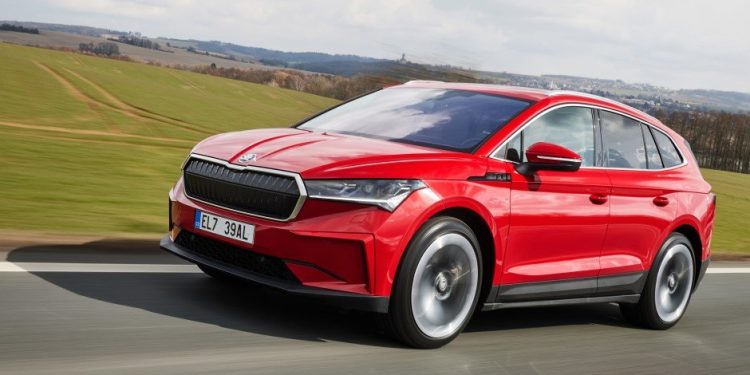NZ Clean Car Discount helping brands secure new EV models
The New Zealand Government’s Clean Car Discount and Clean Car Standard legislation has prompted plenty of debate, with the motoring industry happy with some elements of the scheme and unhappy with other elements.
One of the key points of debate has been government rhetoric that these schemes will help local distributors with securing green models that may have previously been roadblocked from New Zealand showrooms.
Several pundits and industry players have denied this logic, often citing that the Kiwi market is too small to have any ability to pick and choose the models it wants. But, for some distributors the legislation is already helping them plead their case.
Speaking at today’s launch of the Skoda Superb iV, Skoda New Zealand general manager Rodney Gillard said that, while our country’s small stature and footprint makes negotiations a challenge, the government’s legislation is actively helping those negotiations progress.

Gillard made the point while discussing the arrival date of Skoda’s first fully electric car, the Enyaq iV. While the model had initially been delayed for this part of the world until 2025, negotiations saw the date get pushed forward to 2023. And now he’s confident that the model could arrive as soon as next year.
He added that the government regulations and fines are the biggest motivators for increased interest in sending more electric models to New Zealand.
“Having the likes of the New Zealand Police on board is helping the argument, and having the government changing these policies and bringing on the Clean Car programme is helping. What the minister said is helping,” he said.
“I am on the phone regularly with our senior regional sales manager, and they need as much info as they can to get us across the line. They understand how important electric and plug-in is to New Zealand. This change of government and the pressure of putting on these Clean Car programmes are definitely helping us here in New Zealand to get it across the line.
“The two catalysts that will bring us forward is government regulations and [emissions] fines. Those are the two things that get their attention.”
Gillard reiterated that when it comes to global demand for Volkswagen Group models, New Zealand customers represent 0.1 per cent of the global volume. “So you can see how hard it is for us to get it across the line. It comes down relationships and key accounts like the police.”
The Enyaq is one of several EVs built on the same Volkswagen Group platform, none of which has a hard set-in-stone local release date as distributors battle Covid-19 travel restrictions, supply issues, the semiconductor shortage, and European demand.
It had been thought that the Enyaq might be usurped by its Volkswagen cousin, the ID.4, but Gillard says that the two models are likely to arrive on local shores at around the same time in 2023. But, with the amount of variables impacting supply of vehicles, anything could happen.
“It’s a moving target,” Gillard added.





